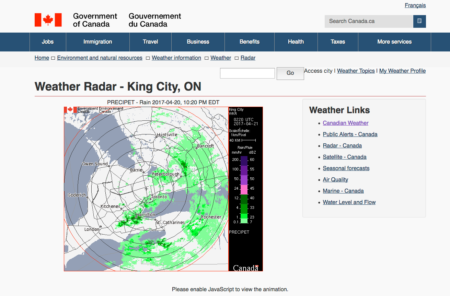George Monbiot’s career advice for aspiring journalists may apply at least as much to civil servants and academics:
You want to be free? Then first you must learn to be captive.
The advisers say that a career path like this is essential if you don’t want to fall into the “trap” of specialisation: that is to say, if you want to be flexible enough to respond to the changing demands of the employment market. But the truth is that by following the path they suggest, you are becoming a specialist: a specialist in the moronic recycling of what the rich and powerful deem to be news. And after a few years of that, you are good for little else.
This career path, in other words, is counter-educational. It teaches you to do what you don’t want to do, to be what you don’t want to be. It is an exceptional person who emerges from this process with her aims and ideals intact.
…
Even intelligent, purposeful people almost immediately lose their way in such worlds. They become so busy meeting the needs of their employers and surviving in the hostile world into which they have been thrust that they have no time or energy left to develop the career path they really wanted to follow. And you have to develop it: it will not happen by itself.
Summary: go right toward what you think is important, and learn to live cheaply.

